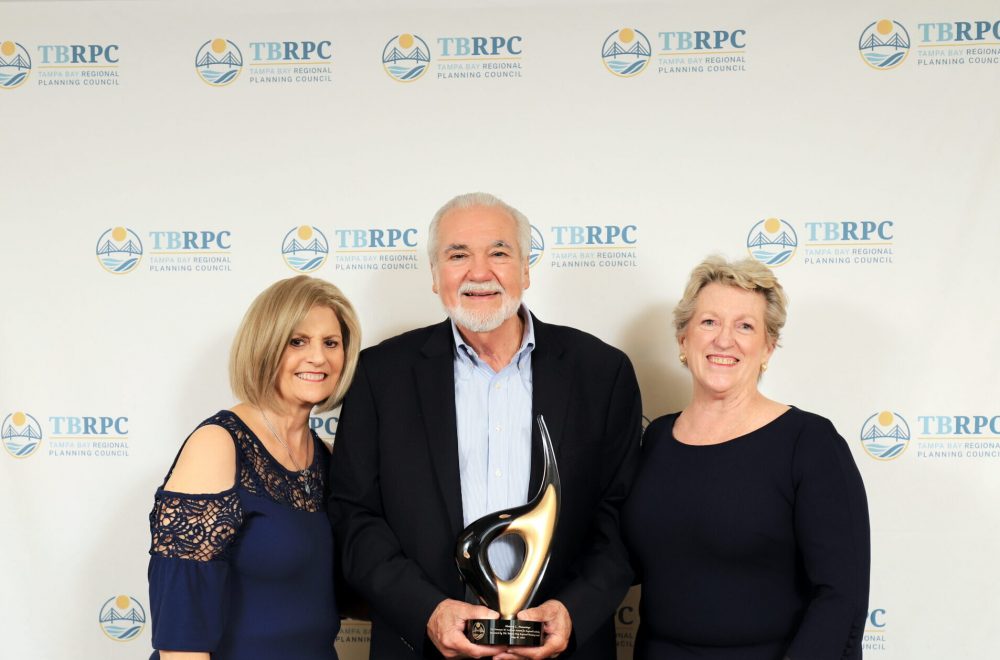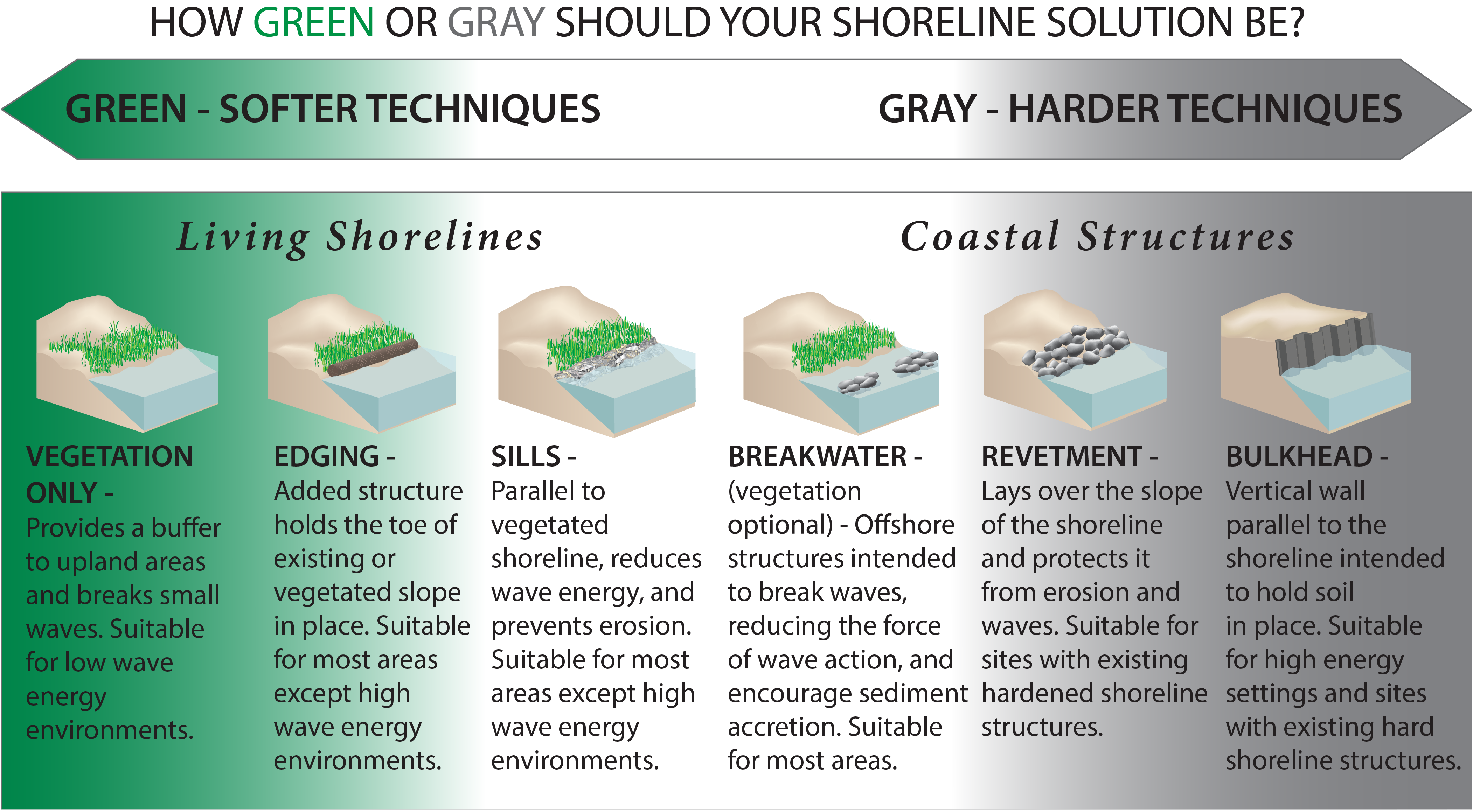As its name would suggest, a Resilience Leadership Summit is nothing without its leaders – those that make the investments now to maintain the current quality of life throughout the region’s six counties for future generations.
While much of the two-day Resilience Leadership Summit highlighted risks, impacts and sustainability efforts needed to mitigate the effects of changing climate, the Tampa Bay Regional Planning Council (TBRPC) also showcased those putting in the money and work to make Tampa Bay a more resilient region. During Wednesday’s 28th Annual Future of the Region Awards luncheon, the planning council – also celebrating its 60th anniversary – sought to recognize and honor the public and private sectors for notable achievements in resilience planning and management.
The ceremony kicked off with the event’s top individual honor, the Herman W. Goldner Award. Goldner, who served as St. Petersburg’s mayor from 1961-67, is considered the founding father of the TBRPC – Florida’s first regional planning council. The council presents the award bearing his name to an individual that exemplifies the spirit of regional cooperation, dedication to their community and forward-looking vision.
Joe Lopano, CEO of Tampa International Airport (TPA), was this year’s recipient of the Herman W. Goldner Award for regional leadership. Following the ceremony, Lopano highlighted some of the many resiliency projects he has led at the region’s largest airport and told the Catalyst what it means to receive the honor.
“I think it’s a very prestigious award for a very important issue,” he said. “And I think the reason we received that award is because we’ve actually shown in practice that we believe in environmental efforts and resiliency.”
Lopano, who became TPA’s CEO in 2011, said the focus on environmental resiliency increased significantly during his tenure. He called the program “fairly limited” when he took the helm, mostly consisting of a recycling program.
Since then, Lopano has overseen the construction of a solar field above the economy parking garage and purchased several electric buses and other vehicles. Airport management recently moved into a new office building designed to lead the region in energy efficiency. TPA has also transitioned to electric lawn maintenance equipment – no small measure considering the amount of land under Lopano’s purview.
“We have almost 4,000 acres of land that needs to be maintained,” he explained. “So, this is something that we’ve invested heavily in, we believe in.”
Lopano said TPA’s leadership realizes the importance of environmental resilience, especially considering its location just a few miles from the bay, and has increased the budget for those programs accordingly. The airport is uniquely susceptible to rising tides and storm surges, as its runways sit just 14 feet above sea level.
Lopano said sea-level rise and increasingly stronger storms could affect runways – and in the most severe cases, terminals. While the airport has yet to deal with water inundating runways, he said TPA officials must remain prepared for such a scenario.
“It’s something that we study very carefully, and it’s something that we invest in and believe in,” he added. “That sort of goes to Tampa being very fortunate when it comes to its experience.
“I’m knocking on wood right now.”
The airport, said Lopano, has invested heavily in sustainability master plan studies that model the effects of varying categories of hurricanes. While studies are critical, he believes the leadership award is due to TPA following the data and making the necessary mitigation efforts.
Lopano said he “has the receipts” to show TPA’s leadership takes environmental resilience seriously. He noted TPA received the Airports Council’s international carbon accreditation in 2017. The accreditation also extends to the three regional airports under TPA’s purview – Tampa Executive, Peter O. Knight and Plant City Airport.
“We’ve always believed that we could lead the community forward in a positive way,” he said. “That’s something our management team believes in.”
Here are the other winners from TBRPC’s Future of the Region Awards ceremony, which encompasses organizations from Citrus, Hernando, Hillsborough, Manatee, Pasco and Pinellas Counties.
- The One Bay McIntosh Award: Save Crystal River for its Kings Bay cleanup efforts. The TBRPC considers this the highest overall honor of the competition. The One Bay partnership includes the South West Florida Water Management District, the Tampa Bay Estuary Program, the Tampa Bay Partnership, the Tampa Bay Area Regional Transportation Authority (TBARTA), TBRPC and the Urban Land Institute.
- Built Environment: the University Area Community Development Corp. for Harvest Hope Park: Investment + Vision = Change.
- Community Preparedness & Resiliency: the City of Dunedin for its resilience environmental action master plan and the Hillsborough County Planning Commission for its climate change and resiliency comprehensive plan integration.
- Community Service: Tampa Bay Watch for its Discovery Center and TBARTA for TD Tampa Bay.
- Economy and Energy: Clearwater Gas Systems and its community partners for connecting 167 properties with natural gas and helping 667 families.
- Transportation Systems: The Tampa Hillsborough Expressway Authority for the Selmon West Extension.




